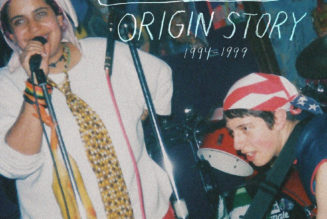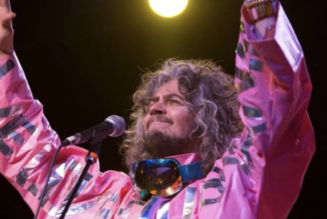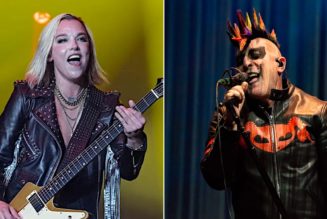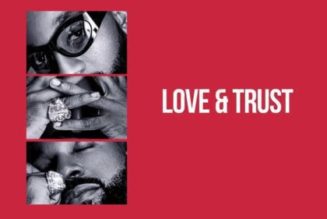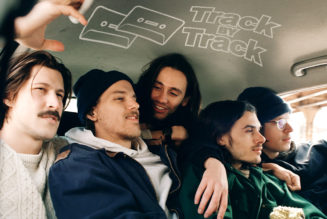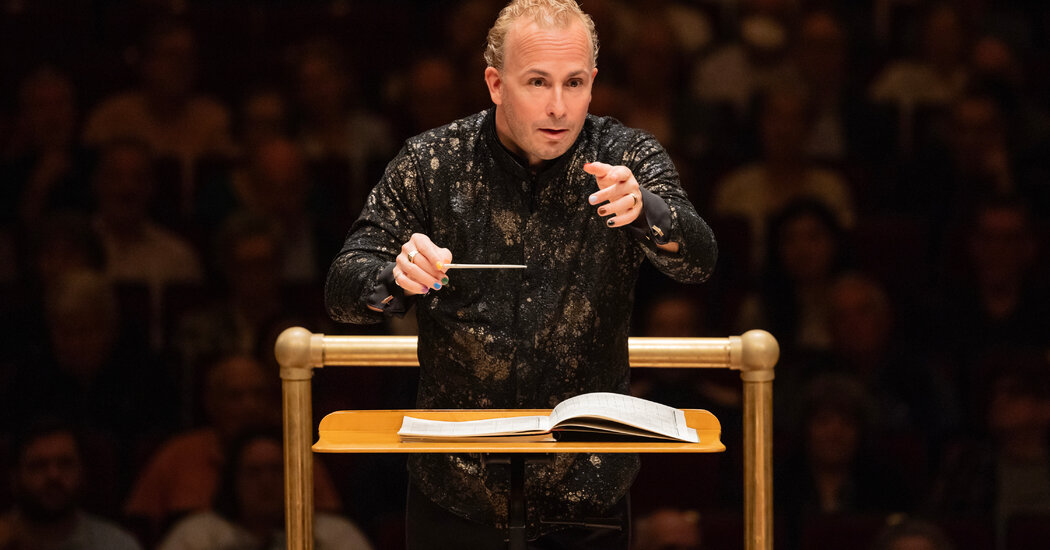
The tenure of Yannick Nézet-Séguin, the Metropolitan Opera’s music director, can be difficult to assess. That much was evident over two concerts.
So far, Yannick Nézet-Séguin’s tenure as the Metropolitan Opera’s music director has been mixed. That much was evident over two Met Orchestra concerts at Carnegie Hall last week that were by turns excellent and mystifying.
This group’s specialties can seem indistinct; its quality, inconsistent. And, in general, it has been difficult to assess these players under Nézet-Séguin, who took over in 2018. A music director needs to be present to shape the sound of an ensemble, and he has been chronically overscheduled, juggling the Met with the Philadelphia Orchestra and Orchestre Métropolitain in Montreal, not to mention his post as the head of conducting at the Curtis Institute of Music.
On a practical level, a music director also needs build an orchestra, and the Met’s is still regrouping from a wave of retirements during the pandemic. For reasons perhaps beyond his control, though, Nézet-Séguin has hired a mere 13 instrumentalists since he started.
He has exuded contemporary cool, proudly displaying his painted fingernails on Met posters; yet he has also, in a reinforcement of maestro mythology, referred to himself as the “father” of the company. In 2021, he broke convention by speaking out in favor of the orchestra’s musicians during a labor dispute, but only when it mattered least: nearly a year after they had been furloughed during the pandemic, and after they had already reached a deal for partial pay.
Last September, he conducted the season-opening production, “Dead Man Walking.” That would seem like a given for a music director, but he was absent for “Medea,” the opener in 2022. “Dead Man,” at least, represents Nézet-Séguin’s admirable attempt to modernize the Met’s repertoire. But after that show, he conducted just two of the six contemporary works on offer this season. You could say he was focusing on the classics instead, but he led only four of the 18 total operas programmed.
When he does conduct at the Met, he has a penchant for extremes, either colossal or exquisite. At the delicate end, he can be brilliant, with detail-oriented transparency and prayerful serenity. But when he evokes immensity, it is often crude and unbalanced.

